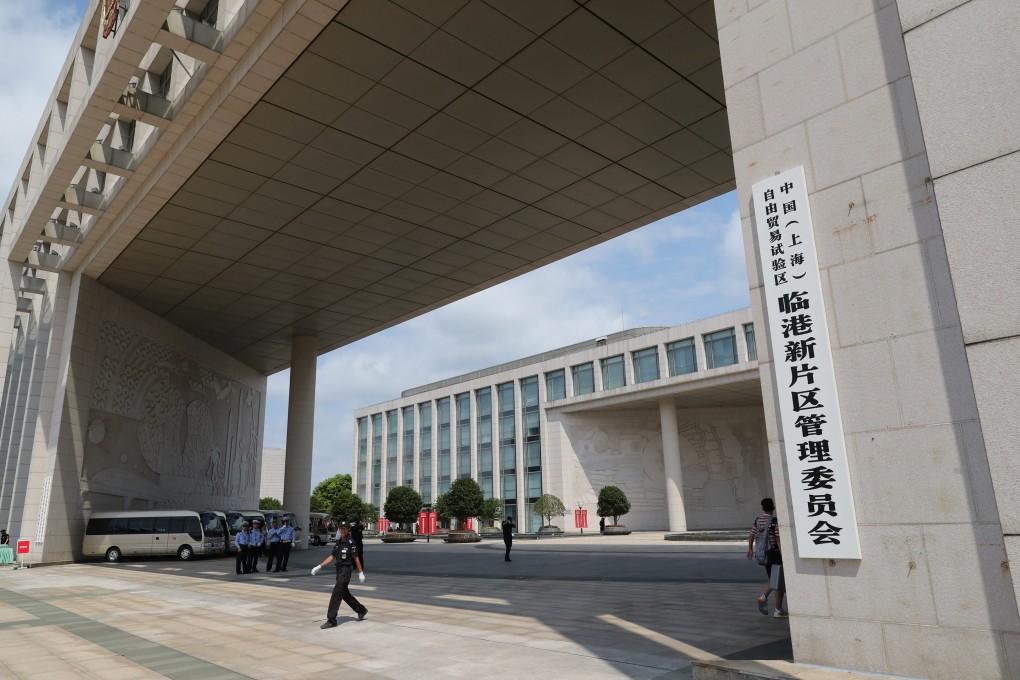Lingang free-trade zone lowers bar for home purchases, as China’s property easing measures arrive in Covid-19 ravaged Shanghai
- Lingang will allow talent to buy homes after working there for three months, down from at least one year previously
- China ‘needs a stable property market to support its economic growth’: CGS-CIMB Securities analyst

China’s property easing measures have reached Shanghai, the site of its worst Covid-19 outbreak, as Beijing tries to bolster the world’s second-largest economy.
The free-trade zone has attract a total of 19,800 people, including 13,000 who settled there in the last year alone, since launching the scheme in 2019.
“China is facing a challenging year ahead. It needs a stable property market to support its economic growth,” said Raymond Cheng, head of China and Hong Kong research at CGS-CIMB Securities.
Covid-19 outbreaks are yet again weighing on China’s economy. It was hit hard in the first quarter of 2020, shrinking by 6.8 per cent after coronavirus outbreaks triggered a near-nationwide lockdown. Fresh outbreaks are popping up around the country once again and have led to massive lockdowns, such as those in Shanghai, its financial and trade capital.